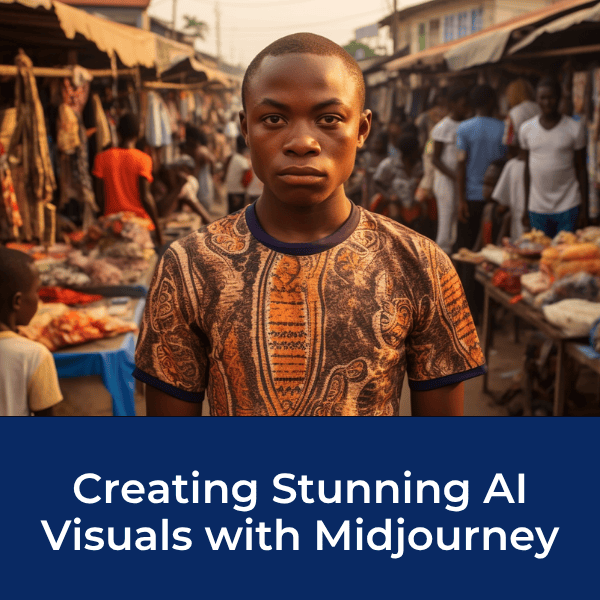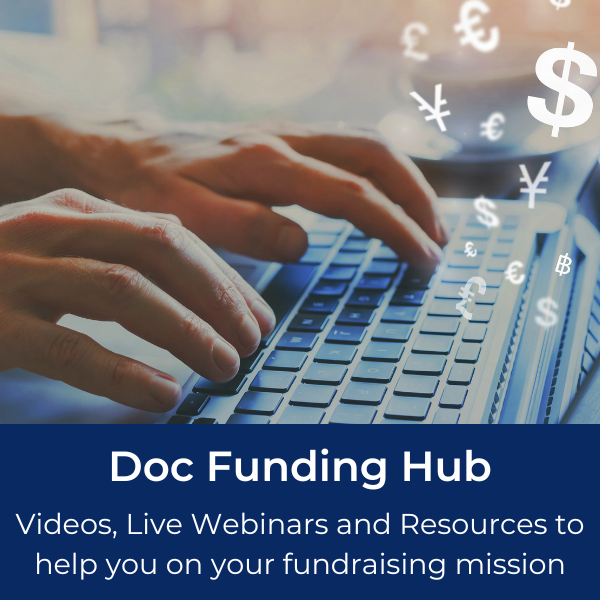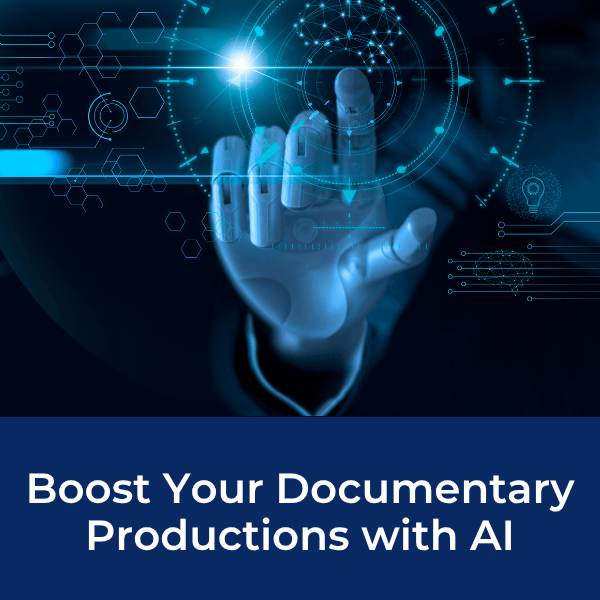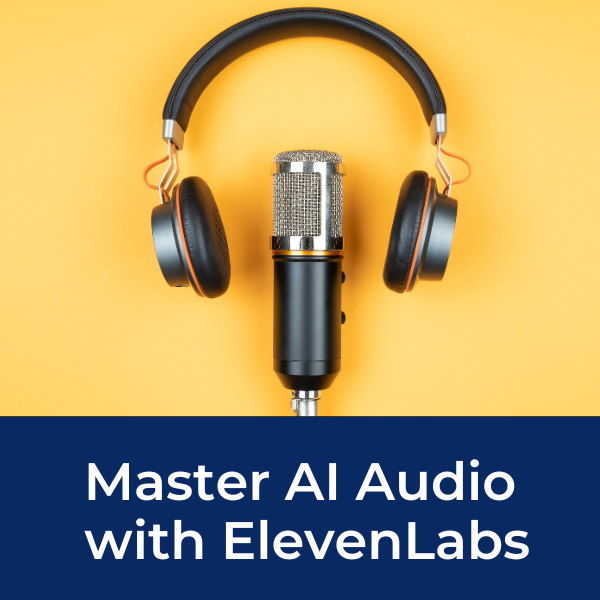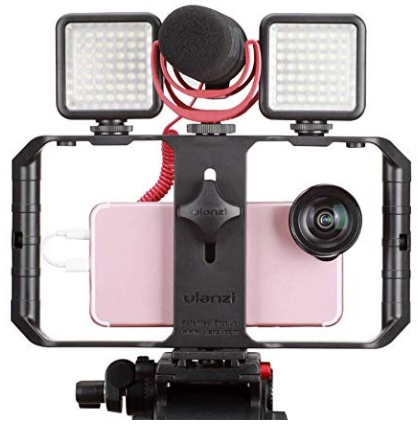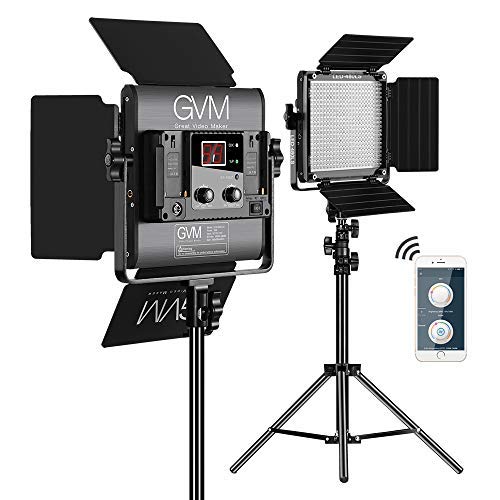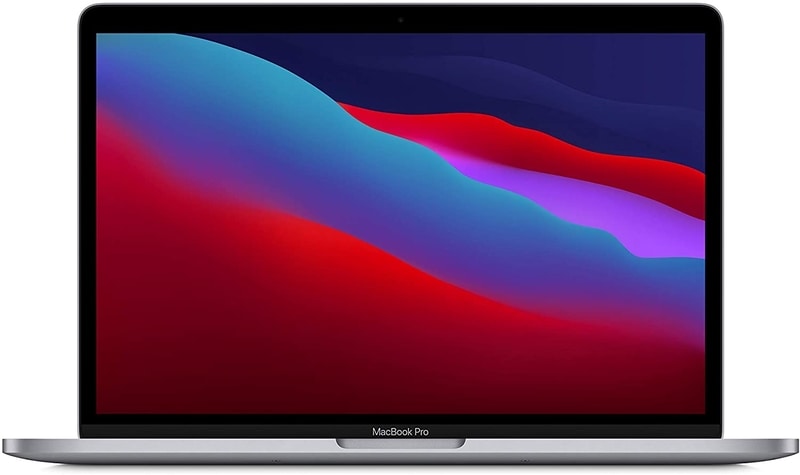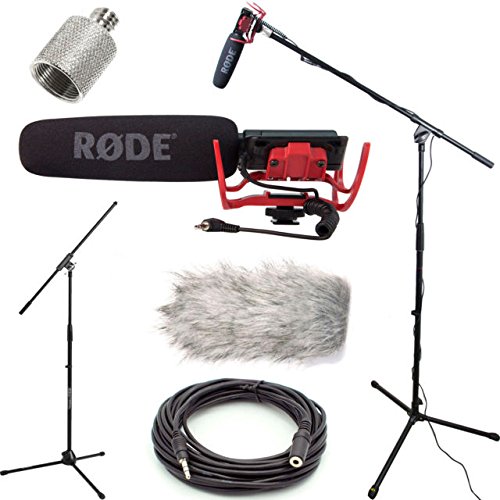Acquiring Music Rights
for Your Documentary
How to navigate the music industry and
save on music licensing fees
Music Rights 101
Acquiring music rights for your documentary is essential if you ever hope to copy, sell or showcase your film.
Are you editing a documentary with tons of great music that you pulled from iTunes that give your film just the right mood or feeling?
Did you happen to record some footage in a restaurant where a popular song was playing out over the speakers and now you want to use a 15-second clip of that footage and audio in your film?
If the answer to any of these questions is yes and you did not create that music yourself, then you will need to get permission from the owners of that music.
Music Rights: How It Works
There are two entities that own a song: The record company/label and the publisher. So for each song, you'll need to get permission from BOTH groups.
You'll need a Master Use License from the record company and a Synchronization License from the music publisher.
Websites to begin your search:
www.ascap.com
www.bmi.com
www.sesac.com
www.allmusic.com
www.prsformusic.com
Example: How To Obtain Music Rights
Here's an example of some research I gathered a few years ago for "What A Wonderful World" by Willie Nelson:
Example:
Song: "What a Wonderful World"
Performer: Willie Nelson
Composed by: Bob Thiele and George David Weiss
Album: "The Great American Songbook (2006)
Record Label: Madacy Records
Publisher: (I found three publishers! If that happens, you'll have to contact each to figure out which one has the rights)
Recommended Legal Resources for Filmmakers
How To Ask for Permission To Use Music
Once you narrow down the publisher and the record company, you'll need to ask them if you can use their song in your production.
As an example, you might initially request permission to showcase your documentary in film festivals worldwide for one year. Let them know that :30 seconds of their song is used during a montage of images from, say, the Civil Rights era.
If you know you will not be selling or distributing your documentary, there's a good chance the music owners will let you use the music for this purpose either at no charge or for a small fee of perhaps $250 - $750.
If your documentary ends up getting picked up for distribution or you want to upload it to the internet, you will need to renegotiate the terms.
Obviously, if your documentary ends up getting acquired by Netflix or another channel and you are paid, say, $100,000 for your film, the owners of the music in your documentary will also want to be paid since their work helped in the success of your project.
Remember this!
If you are profiting off someone else's work (ie. their music), it is only fair that they will expect to share in that profit. So if you end up selling your documentary which includes their music, they expect to be compensated.. just as you would!
Tips for Cutting Costs On Music Fees
The easiest way to go with music rights when making a documentary is to create your own original music (either yourself or by hiring a composer) or use music that's free or in the public domain, that way you're clear to use the music as you so choose without having to get any permissions.
- Public Domain -- In the United States, music and lyrics published before 1923 are in the "public domain", which means no one claims ownership and the music is free to use. A fantastic resource for public domain music (and movies) is the Internet Archive. In addition, you can check the public domain status of any song at: www.PDinfo.com
- Royalty Free Music -- First of all, Royalty Free Music is NOT free! Many people get confused by this term. Royalty free means "free of royalty" and simply describes a type of music licensing structure where you pay one price for a piece of music no matter how many times it's used. The opposite structure of Royalty Free is Rights Managed Licensing or "Needle Drop" which means a payment is made every time the music is used or every time the "needle is dropped" on the record. Between these two licensing structures, Royalty Free Music tends to be more affordable.
- Two Birds, One Stone -- This tip is from entertainment attorney Jaia Thomas. If you're really in love with a song but can't afford both the Master Use License (recording) and a Synchronization License (publishing rights), simply license the publishing rights and then get another musician to record it.
- Creative Commons/Open Source/Community Music -- Look for the Creative Commons symbol for music that may be easier to use in your project with fewer restrictions (maybe even free). Open source/community music sites like dig.ccmixter.org and freemusicarchive.org have special sections with "free music for commercial projects".
How To Hire and Work With A Composer
Are you interested in learning how to hire and work with composers for your documentary?
Hiring a composer, surprisingly, can be a lot cheaper than licensing pre-recorded music. The bonus is that a composer can create music that matches exactly with the cuts of your film. Composer Curtis Bryant did a fantastic job composing music for my documentary "Briars in the Cotton Patch." In fact, the music score for "Briars" was nominated for a regional Emmy!
Music and Sound Effects Libraries
Music libraries can be a great option when searching for music or sound effects for your documentary.
These companies already have the necessary rights set up, so all you do is figure out the type and genre of music you're looking for: upbeat, male vocal, happy folk, rock-n-rock, etc.
They'll either have the prices listed or will guide you through the license options you'll need.
Examples of Music and Sound Effects Libraries:
fyrfly.com
artlist.io
pond5.com
audiomicro.com
sound-effects.bbcrewind.co.uk
audiojungle.net
*This is by no means a comprehensive list. Just a taste to get you started!
Please leave a comment below if you have any experience with these libraries or want to recommend other favorites that aren't listed here.
Other Articles You May Enjoy
- Making Documentaries: A Step By Step Guide
- Making Documentaries: How To Work With A Composer
- Choosing Music For Your Documentary (Advice From A Composer)
Ready To Make Your Dream Documentary?
Sign up for our exclusive 7-day crash course and learn step-by-step how to make a documentary from idea to completed movie!




